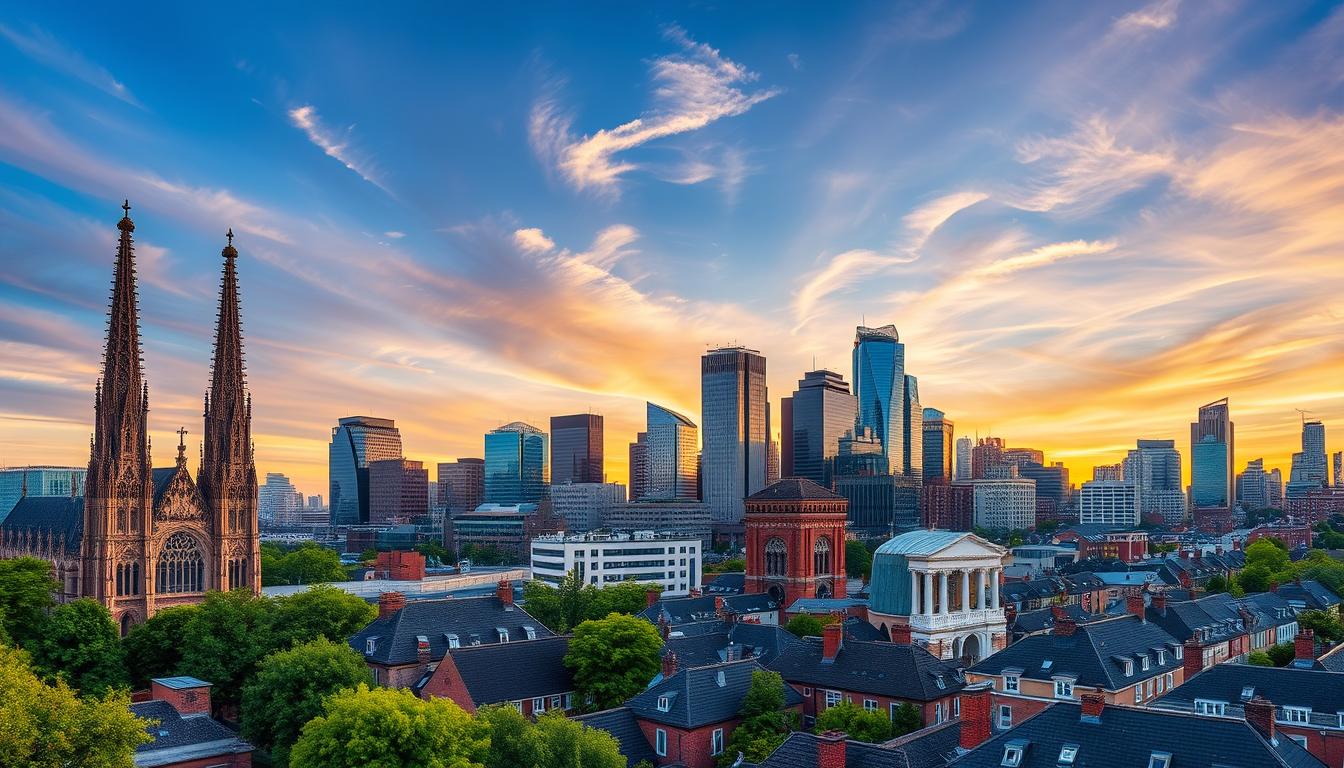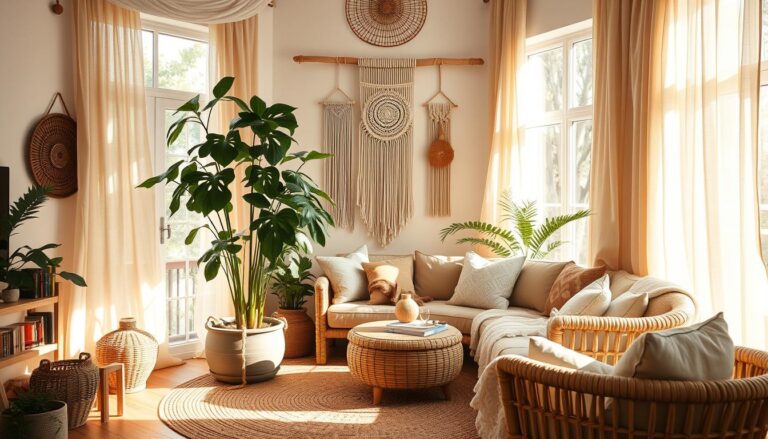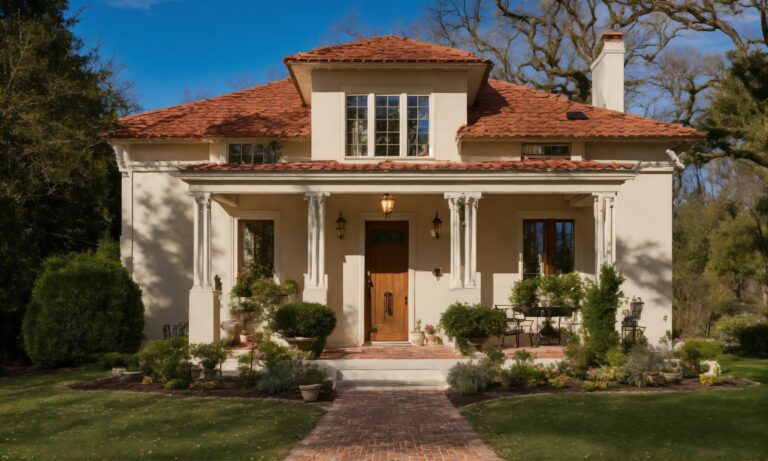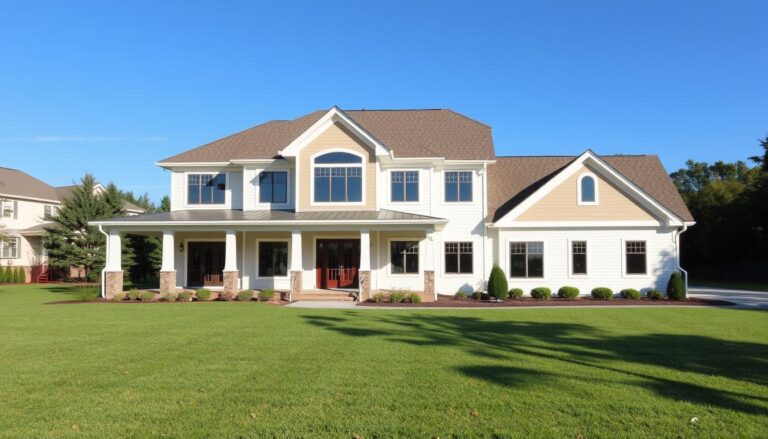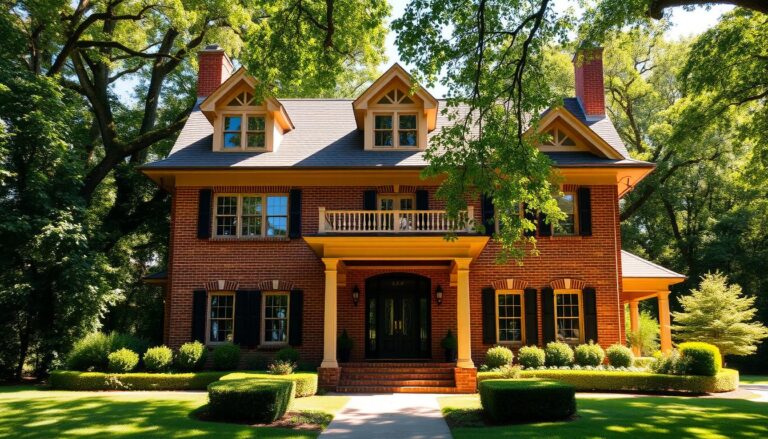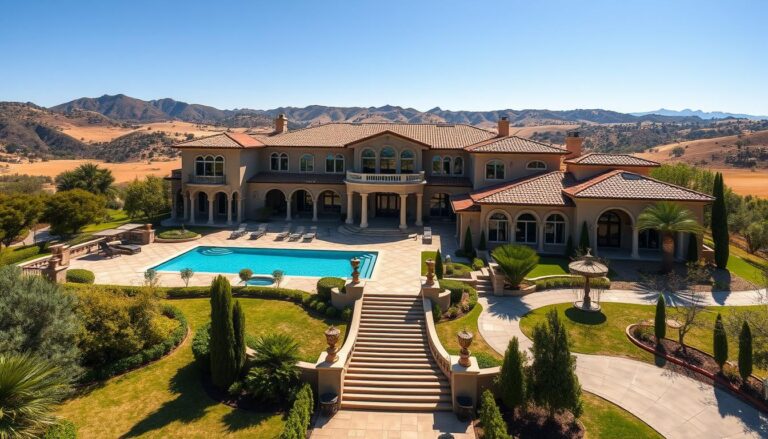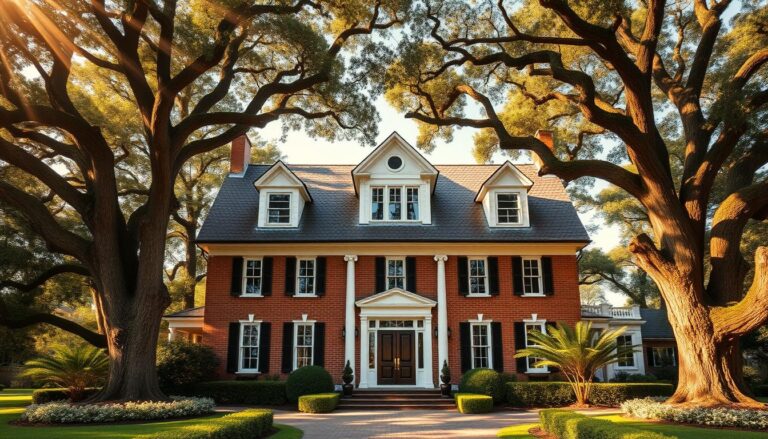Edificios: Exploring Architectural Styles
Did you know architects build over 300,000 new buildings every year? They change cityscapes with their new designs. The world of architecture is a dynamic mix of human creativity and technology.
Architecture tells us a lot about human history. Each building shows off a culture, technology, and taste. Buildings are not just structures; they are stories of human growth and dreams.
Architecture covers a wide range, from tall skyscrapers to cozy homes. These buildings show off different times, with new tech and social changes.
Key Takeaways
- Edificios represent more than physical structures
- Architectural styles reflect cultural and technological evolution
- Design choices communicate societal values
- Buildings are dynamic expressions of human creativity
- Architectural innovation continuously reshapes urban environments
Understanding Modern Architectural Evolution
The world of construcción and diseño de edificios has changed a lot in recent years. Architectural design has moved from old ways to new, creative solutions. These changes reflect our changing world.
Modern architecture is very different from old building ways. Architects mix creativity with new technology. They make spaces that are useful and look great.
The Birth of Contemporary Design
Contemporary diseño de edificios follows some key ideas:
- Minimalist aesthetic
- Open floor plans
- Integration with natural environments
- Emphasis on sustainable materials
Technological Advances in Building Construction
Building techniques have changed a lot. New technologies make building more complex and efficient.
| Technology | Impact on Construction |
|---|---|
| 3D Printing | Rapid prototype creation |
| Digital Modeling | Precise design visualization |
| Smart Materials | Enhanced building performance |
Impact of Cultural Influences
Global architectural trends show many cultural views. Designers take inspiration from around the world. They make unique edificios that go beyond old limits.
- Japanese minimalism
- Scandinavian functionality
- Brazilian organic design
Knowing these trends helps architects and designers. They can make spaces that are modern, innovative, and meet today’s needs.
The Rise of Sustainable Building Design
Modern ingeniería civil is changing how we build edificios and estructuras. Sustainable design is now key in construction. It makes buildings that harm the environment less and work better.
Sustainable building design has a few main ideas that lead to new ways of building:
- Energy efficiency through advanced insulation techniques
- Renewable energy integration
- Water conservation systems
- Use of recycled and eco-friendly materials
The growth of sustainable estructuras uses smart strategies. These go beyond old building ways. Now, green building tech includes smart systems. These systems manage energy, cut waste, and make places healthier to live.
| Sustainable Design Element | Environmental Impact | Cost Efficiency |
|---|---|---|
| Solar Panel Integration | Reduces Carbon Emissions | Long-term Energy Savings |
| Rainwater Harvesting | Conserves Water Resources | Reduces Municipal Water Costs |
| Green Roof Systems | Improves Urban Air Quality | Enhanced Building Insulation |
Looking into modern construction, you see sustainable design is smart and green. It’s not just good for the planet—it’s also good for your wallet. The future of ingeniería civil is about making buildings that are good for our planet and perform well.
Classical Edificios: A Journey Through Time
Explore the rich world of architectural heritage that spans centuries. The story of edificios shows how arquitectura has changed over time. It captures the essence of human innovation and design.
Classical architectural styles are more than just buildings. They tell the story of human civilization. They reflect the unique traits of different regions and historical periods.
Mediterranean Architectural Heritage
Mediterranean arquitectura is known for its unique features. Exploring inmuebles in this region is fascinating. It shows a mix of functionality and beauty.
- White-washed walls that reflect intense sunlight
- Thick stone construction for natural temperature regulation
- Courtyards designed for social interaction
- Intricate tile work showcasing cultural artistry
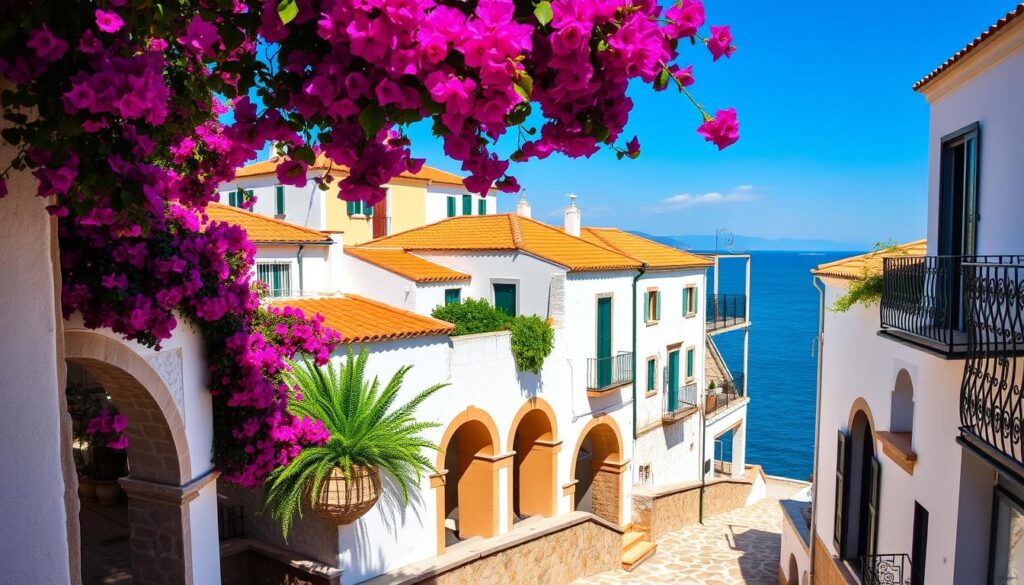
Colonial-Era Building Techniques
Colonial arquitectura shows how builders adapted to local environments. They used European styles with local materials and knowledge.
| Technique | Origin | Primary Material |
|---|---|---|
| Adobe Construction | Spanish Colonies | Sun-dried Clay Bricks |
| Timber Frame | European Settlements | Local Hardwoods |
| Stone Masonry | Mediterranean Influence | Quarried Stone |
Traditional Materials and Methods
Learning about traditional inmuebles shows the past builders’ ingenuity. Local materials were key in design. Each region had its own construction methods.
- Clay and mud for insulation
- Wooden frameworks for structural integrity
- Natural stone for durability
- Local vegetation for roofing materials
Urban Planning and Building Integration
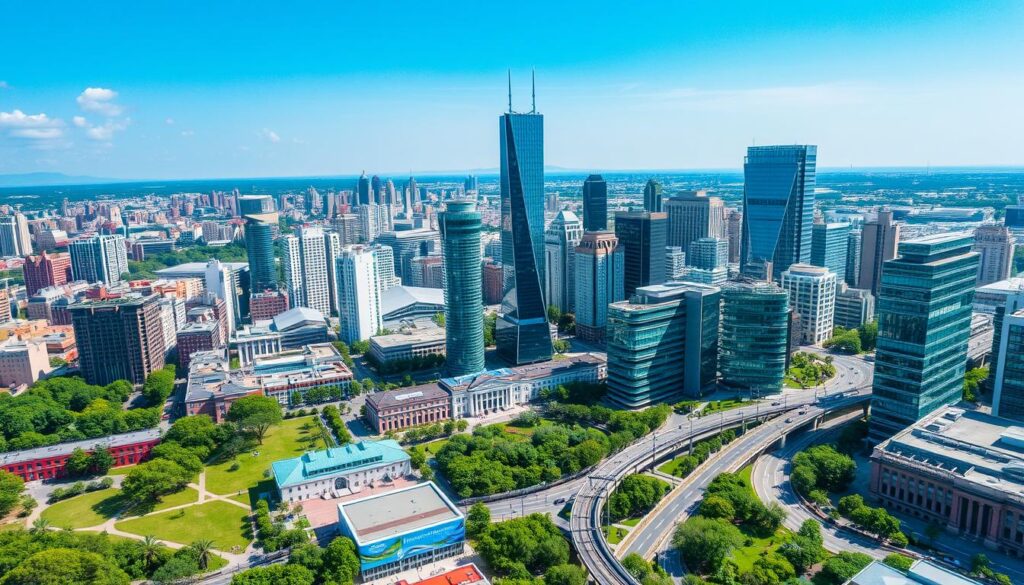
Urban planning changes how buildings shape cities. It’s not just about structures; they’re key parts of urban life. Good urban design means thinking about how buildings fit with their surroundings and community needs.
Today, urban planners aim for spaces that are both useful and beautiful. They focus on:
- Strategic spatial relationships
- Sustainable design principles
- Community-centered architectural approaches
- Adaptive reuse of existing structures
Cities are turning buildings into spaces that do many things. Zoning laws now support mixed-use areas. This makes cities more lively and connected.
Important things to think about in building integration include:
- Population density management
- Transportation infrastructure connectivity
- Environmental impact reduction
- Cultural preservation
New urban planning ideas are changing how we see buildings. By focusing on people and the planet, cities can become better places to live. They meet the needs of today’s city dwellers.
Revolutionary Building Materials and Technologies
The world of construcción and ingeniería civil is changing fast. New materials and technologies are leading this change. Now, buildings work in new ways, thanks to advanced systems.
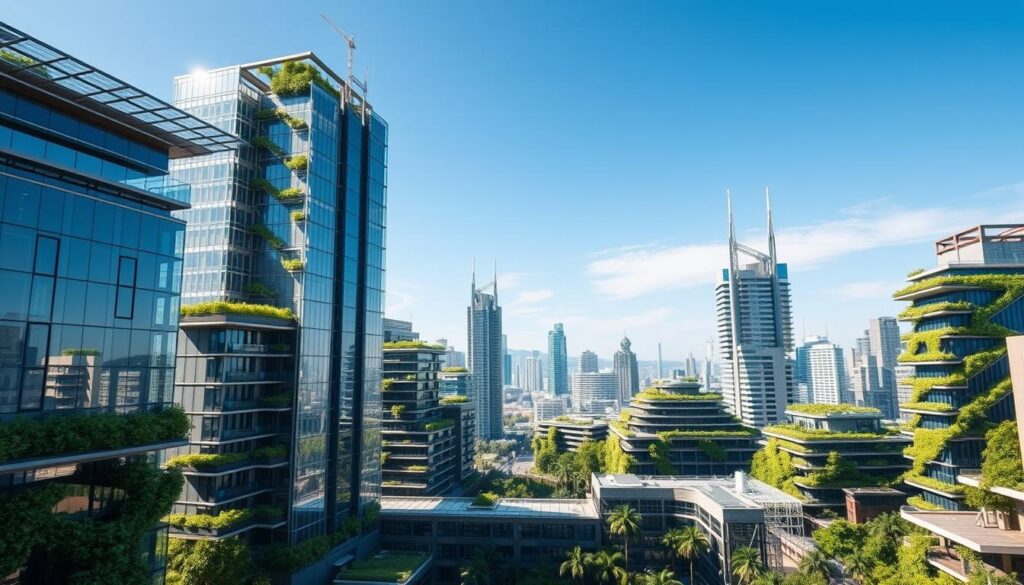
New construction methods are opening up new design possibilities. Designers and engineers can now use materials and techniques that make buildings better. They are more sustainable and efficient.
Smart Building Systems
Smart building technologies are changing how buildings work. These systems use advanced sensors and controls. They help with:
- Energy use
- Temperature control
- Security
- Resource use
Energy-Efficient Solutions
Energy efficiency is key in modern construction. New solutions include:
- Photovoltaic materials
- Advanced insulation
- Passive solar design
- Renewable energy systems
Innovative Construction Methods
Ingeniería civil is using new construction methods. These methods make building faster, more precise, and greener. 3D printing, modular construction, and prefabricated parts are changing the game. They help finish projects quicker and harm the environment less.
The Art of Structural Engineering
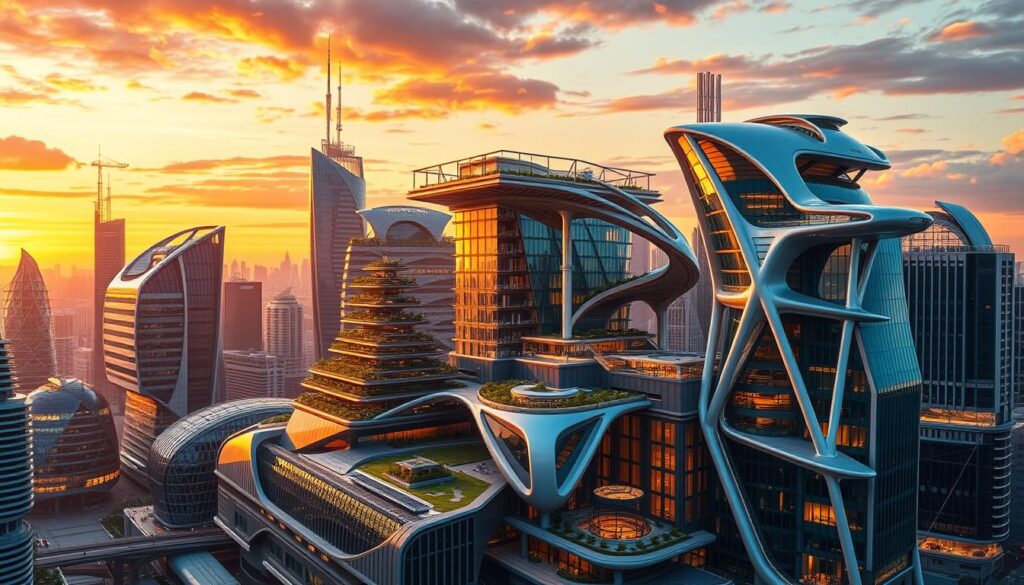
Structural engineering turns dreams into real buildings. It makes amazing structures that are both beautiful and strong. It’s all about mixing form, strength, and new ideas in building design.
Today, structural engineering is a mix of science and creativity. Architects and engineers work together. They find ways to make buildings look good and be safe at the same time. They need to know a lot about materials, physics, and how to use computers.
- Advanced computational modeling
- Material stress analysis
- Dynamic load calculation
- Seismic performance evaluation
Structural engineers face big challenges. They have to deal with tough weather and make buildings that are good for the planet. They use the latest technology to make buildings that are alive and adapt to their surroundings.
| Engineering Approach | Key Characteristics | Impact on Design |
|---|---|---|
| Computational Modeling | Advanced simulation techniques | Precise structural predictions |
| Material Innovation | Lightweight composite materials | Enhanced structural performance |
| Sustainable Design | Energy-efficient solutions | Reduced environmental impact |
Exploring structural engineering opens a world where math meets art. Each building is a solution to big challenges. It shows the amazing skills of engineers who turn ideas into real places.
Contemporary Design Trends in Commercial Buildings
The world of arquitectura is always changing. Commercial inmuebles are leading the way in design and function. Today, modern commercial spaces aim to inspire and boost productivity.

Modern buildings blend beauty, technology, and human needs. Architects are making spaces more efficient and adaptable.
Modern Office Complexes
Office designs are moving away from old styles. Key trends include:
- Open floor plans for teamwork
- Flexible spaces with modular furniture
- Technology built right in
- Designs that focus on health
Mixed-Use Developments
Mixed-use inmuebles are changing cityscapes. They combine different functions in one building. These projects include:
- Places to live
- Workspaces
- Shopping areas
- Places for fun
Retail Architecture Innovation
Retail spaces are getting a big makeover. They aim to make shopping more fun. Design focuses on:
| Design Approach | Customer Impact |
|---|---|
| Interactive Environments | More engagement |
| Sustainable Materials | Appeals to eco-conscious shoppers |
| Digital Integration | Smooth shopping experience |
These new designs show how arquitectura is changing commercial spaces. They meet new market needs and user wants.
Residential Architecture Evolution
The world of homes has changed a lot in recent years. This change shows how society’s needs and technology have grown. Now, homes are more than places to live. They are advanced buildings that meet our changing lives and protect our planet.
Today’s homes are smart and flexible. Architects are making homes that use new tech, green materials, and spaces that change to fit our needs.
- Modular home designs allowing customizable living arrangements
- Energy-efficient building systems reducing environmental impact
- Multi-functional spaces that serve diverse household needs
- Advanced insulation technologies improving comfort and efficiency
Homes are now more than just buildings. They are living, breathing spaces. Modern homes focus on:
- Integrated technology platforms
- Sustainable construction methods
- Flexible interior configurations
- Enhanced connectivity with urban infrastructure

